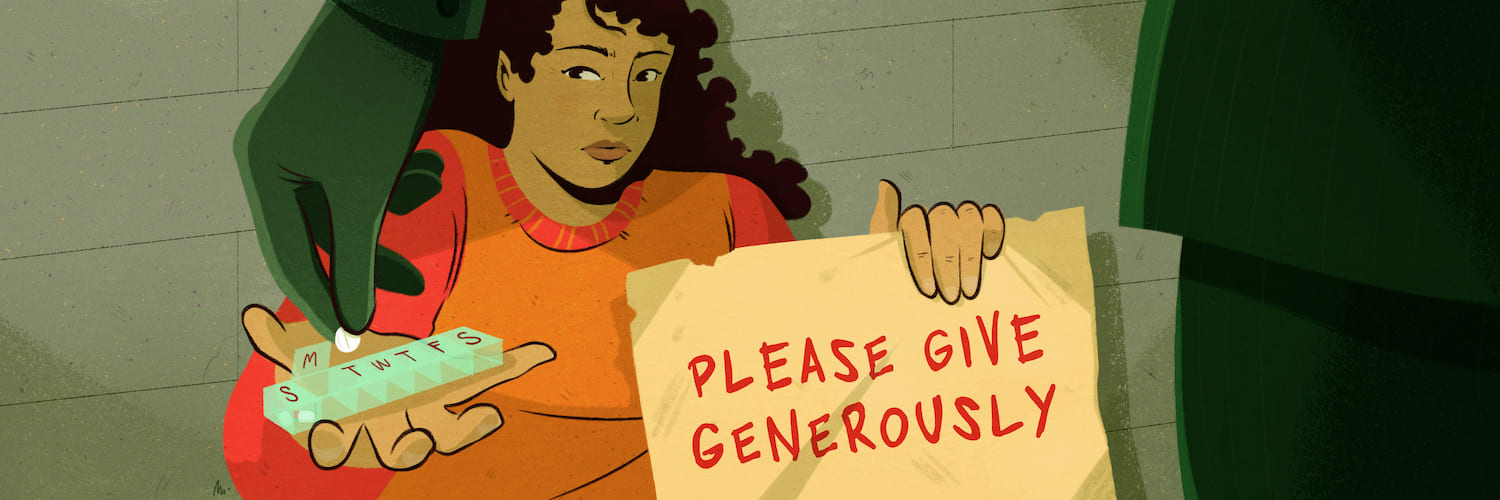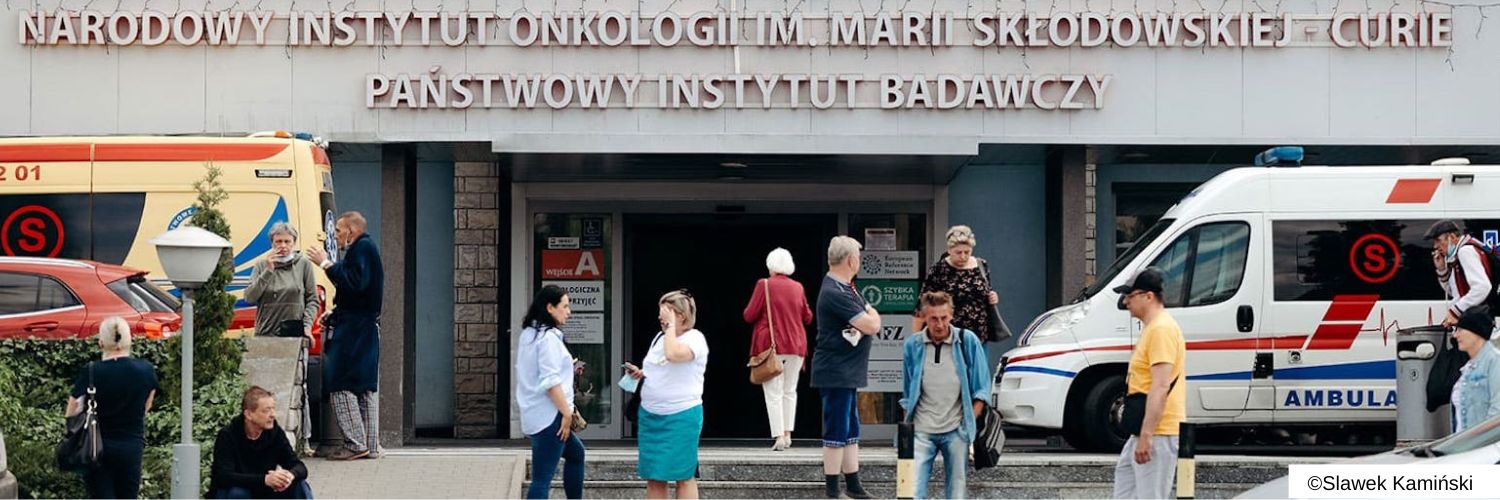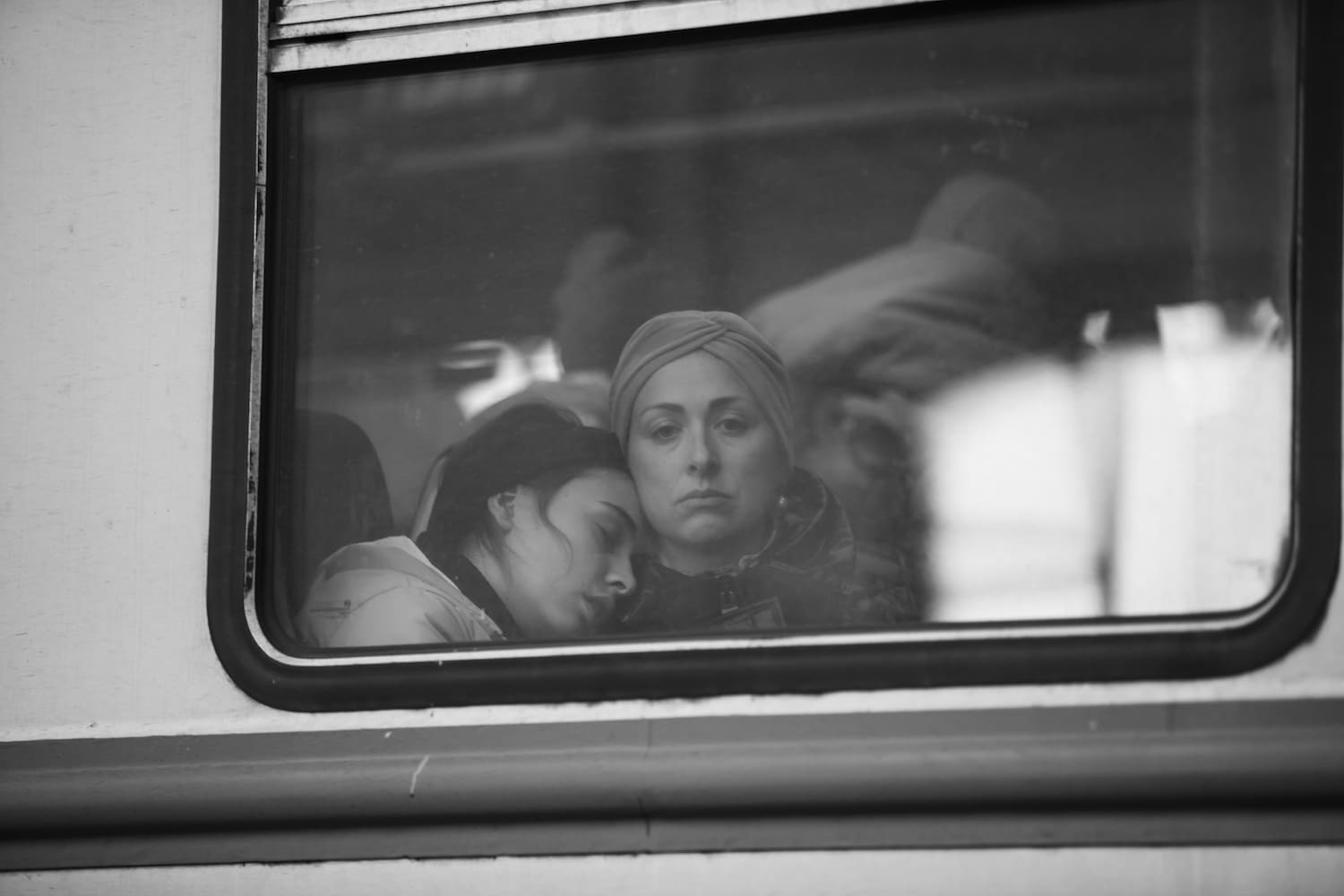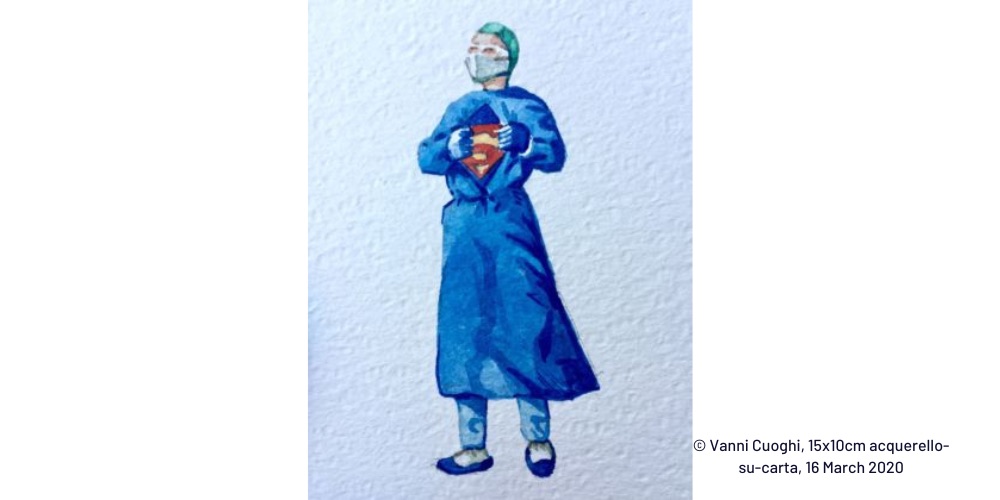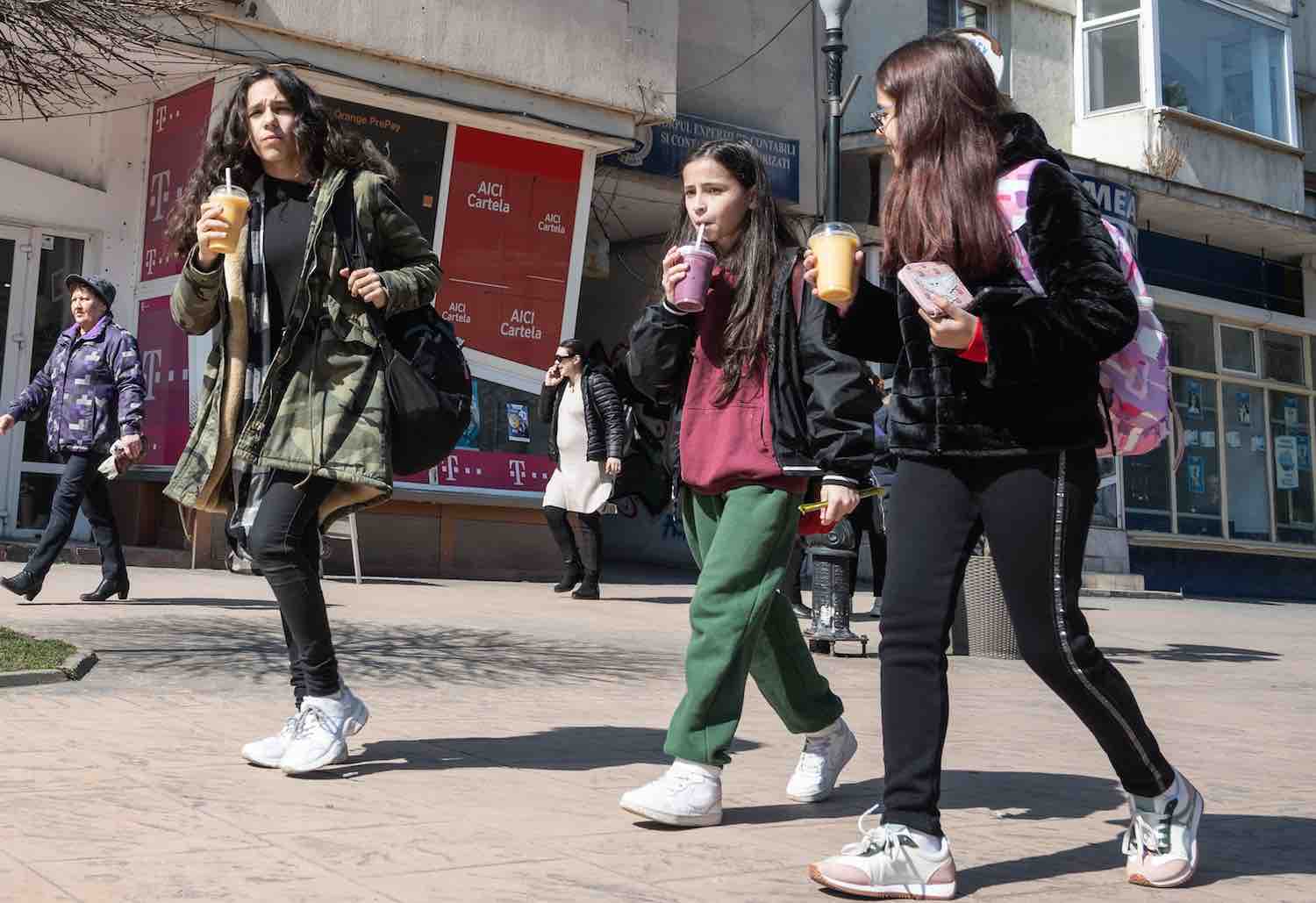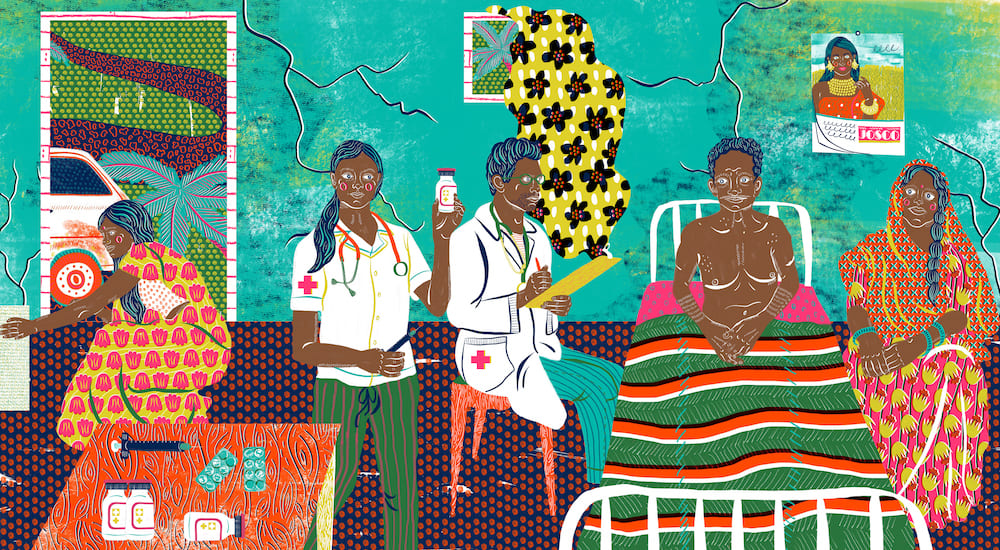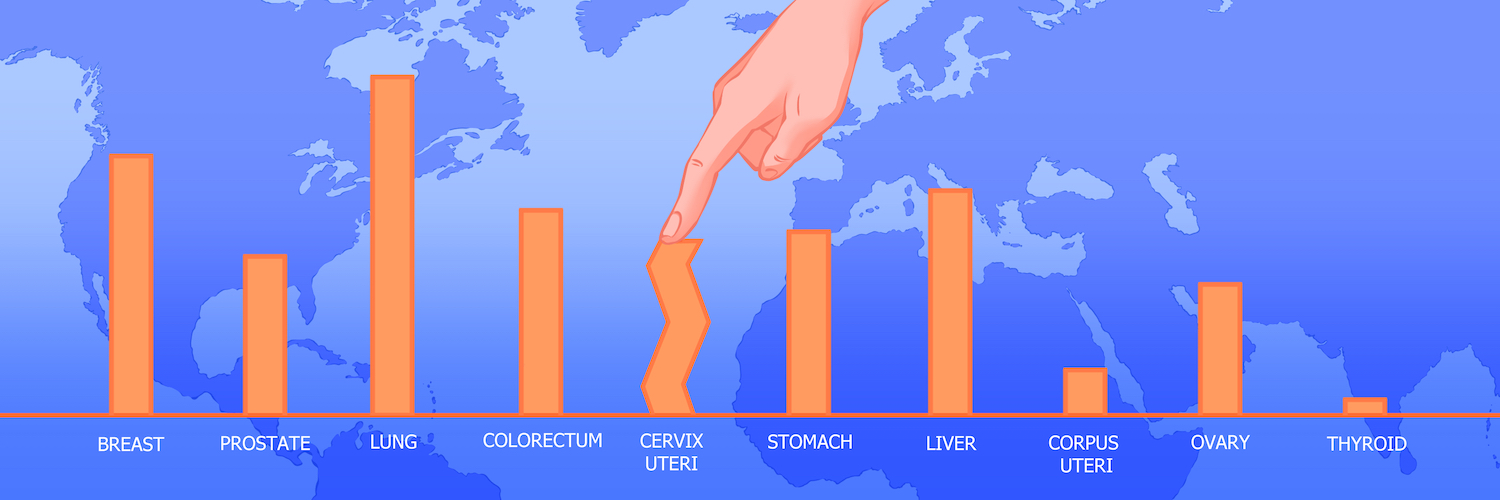Policy
Begging for imatinib: why do so many patients still lack access to this lifesaver?
Following doctor’s orders doesn’t usually mean making a two-hour round trip to visit your hospital twice a week to beg for any spare medication on the off-chance that someone has had to change to a different drug, or was able…
A call to action: how Poland is stepping up for Ukraine’s cancer patients
February 24, 2022. Julia, a lawyer living near Kiev, is counting down the days until her last chemo. After which she will still face surgery and radiation therapy on her way to recovering from breast cancer. Before dawn, she wakes…
Unicorns for Ukraine: mobilising to meet patients’ changing cancer care needs
When Russia invaded Ukraine on February 24, consultant clinical oncologist Mohammed Hojouj put out a call for help: “Cancers do not stop growing because there is a war. But cancer patients stop being seen as a priority.” The story he…
Long-term health: is it time to update the priorities of cancer research?
“I was told that cancer was a temporary condition ‒ just get through treatment and things will go back to normal. I quickly realised that this is not true.” Gregory Aune was treated for Hodgkin’s disease when he was 17.…
Preventing burnout: are we too focused on personal resilience?
Burnout. That short word barely conveys the dispirited cycle of weariness, negativity and powerlessness health staff experience when high aspirations to help and cure are consumed in an unattainable to-do list. “You're trying your best but nothing's moving and you…
From social determinants to cancer outcomes: the cell biology behind the disparities
Raised levels of stress are a normal response to being diagnosed with cancer, and asking patients about their psychological and emotional wellbeing is, or should be, a normal part of attending to their quality of life. But can stress directly…
A success story in Romania’s struggle to control cervical cancer
In rural Romania, in a small town called Sadova, some 200 km west of the country’s capital Bucharest, the local community is trying to ensure that their daughters don’t have to live in dread of cervical cancer. Sadova is an…
Developing palliative care: new WHO guidance helps countries tailor their own path
Image: Delivering palliative care in Kerala, India ©Camilla Perkins, camillaperkins.com Delivering palliative care to avoid unnecessary health-related suffering is defined by the World Health Organization (WHO) as “a moral imperative and a human right”. Yet only a tiny proportion of…
Global elimination: securing a future free from cervical cancer
August 7th 2020, much of the world was in various states of lockdown, anxiously awaiting news about progress in development of vaccines against the new SARS-Cov-2 virus, which by then had taken the lives of almost 1 million people. But…
Do patents encourage or discourage innovation? Intellectual property from ancient Greece to the Covid pandemic
In October 2020, India and South Africa submitted to the World Trade Organization (WTO) a proposal for a waiver from certain provisions of the Trips agreement – the 1994 WTO Agreement on Trade-Related Aspects of Intellectual Property Rights. The rationale…

